In Part 1 of our Q&A with Doom Patrol writer Shoshana Sachi, we discussed how “Dada Patrol” came together. Here we discuss some of the most important character arcs with Jane and Vic. Also, Shoshana tells us about who she identifies with the most on the show and gives a little advice.
Murphy’s Multiverse: Vic’s meeting with Frenzy has sent him on a different path emotionally. This was as angry as we’ve seen Vic on the show. What was the thought process behind lighting that fire under him?
Shoshana Sachi: The mask Frenzy made that was a reflection of how he saw Cyborg, was titled Approximate man– which as you can imagine, got under Vic’s skin. I believe Vic has been on this path since season one. He’s always been aware that he’s different, and has always had preoccupations about his humanity vs his machinery.
He found it hard to speak to women, and there was hesitation when it came to being intimate with Roni. He’s very self-conscious about his humanhood and the way his body looks mostly mechanic (even though there’s a man underneath).
Frenzy was pushing Vic to face up this question once and for all and came at it from a Black identity perspective. Which, as you can imagine, was harder to hear. But ultimately, it’s this sort of conflict that we hope will finally push Vic full force into figuring out his existential crisis for real.
MM: How did the sweets metaphor come into play as far as Jane’s(and Kay) wants and needs go? Was it something specific?
SS: I actually enjoyed your read on the sweet shoppe metaphor; a desire for something satisfying but ultimately dangerous. To be honest with you, the sweet shoppe was just how I saw The Fog’s inner sanctum. I didn’t want to give her something too serious or clinical. I wanted to showcase her fun side, and her indulgent side that was more open to frivolity, sensuality and decadence.
MM: Which character do you identify with the most on the show?
SS: Jane for sure. She’s the reason I was drawn to writing for Doom Patrol. I’ve experienced physical and emotional abuse and trauma, so I felt very capable of tapping into that side of her experience. In Episode 5 of Season 1, we see her in her element: at a punk club in New Jersey, and that was such an expression of who I was in my early 20s’/ late teens. I used to go to underground punk clubs and throw myself into the moshpit. I was also used to being the only brown face in those spaces.
MM: And finally, What advice would you give to aspiring tv/film writers?
SS: I always like to say that if this is really what you want to do, make sure everything you do is in service of this. Just do it, write and learn the craft inside and out. Some young writers don’t want to listen to criticism or learning, I’ve come across that when I used to teach screenwriting– and the only thing that is a barrier to you becoming better at that point (As a writer) is yourself.
Be humble, be open, and listen. I’m always reminding myself I have a ways to go and things to learn. I feel like with every season I’ve grown as a writer, and if I hadn’t been open to learning to improve my craft, I wouldn’t be where I am today. That being said, helpful criticism and purely critical attacks are two different things.
You’ll hear a lot of rejection and I’ve faced a lot of it myself. It’s a tough business for creatives because we wear our hearts on our sleeves. It’s important to find a way to support yourself and seek support in others (therapy!), in order to keep your motivation up. Don’t take shit from anyone, if this is your dream, do it.
Just like Doom Patrol, Shoshana Sachi is making waves in her own way. Doom Patrol airs every Thursday on HBO Max.







